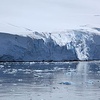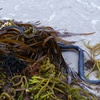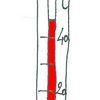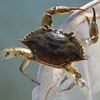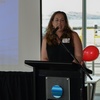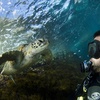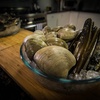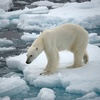
First global review on the status, future of Arctic marine mammals
For Arctic marine mammals, the future is especially uncertain. Loss of sea ice and warming temperatures are shifting already fragile Northern ecosystems, writes Science Daily. The precarious state of those mammals is underscored in a multinational study led by a University of Washington scientist, published this week in Conservation Biology, assessing the status of all circumpolar species and subpopulations of Arctic marine mammals, including seals, whales and polar bears. …




